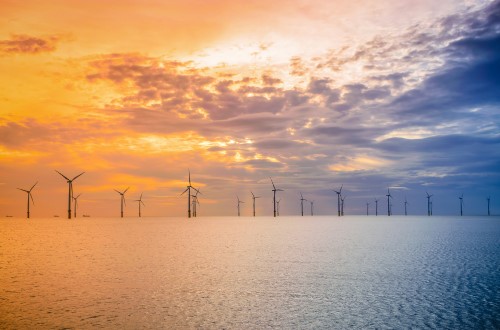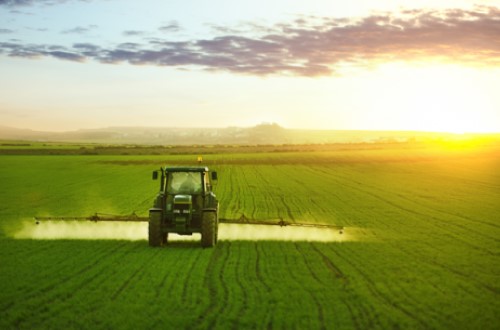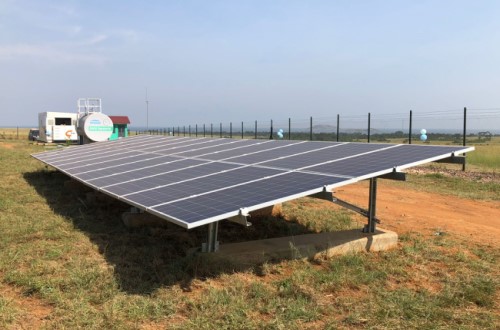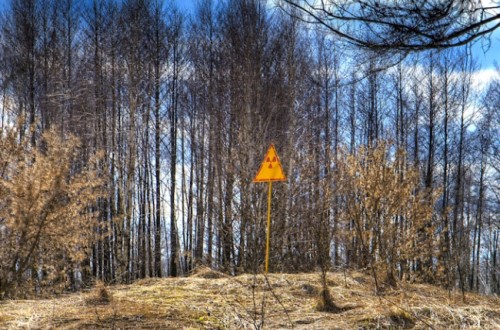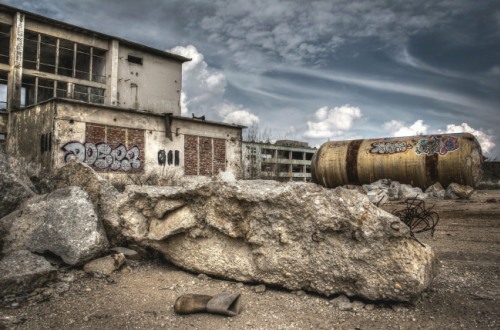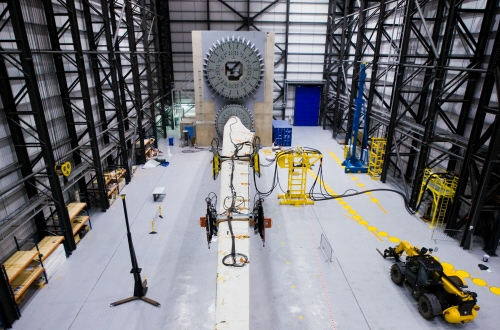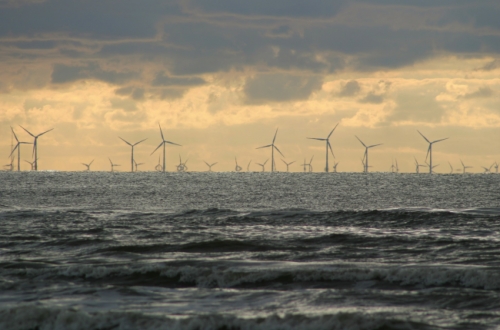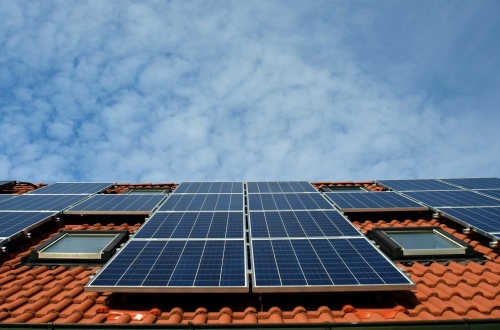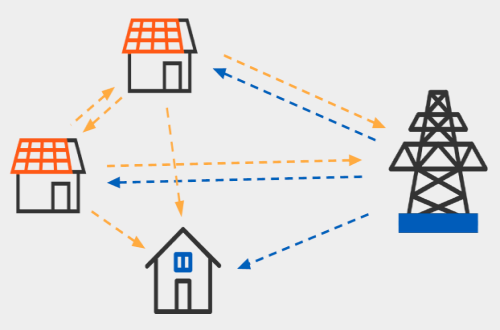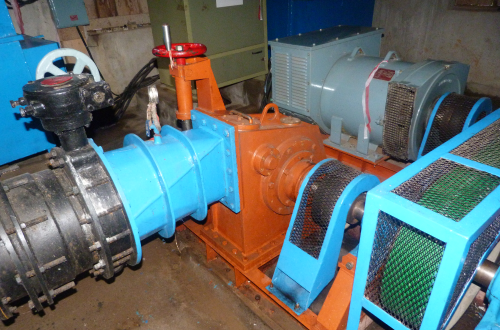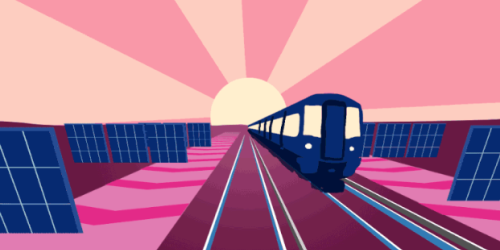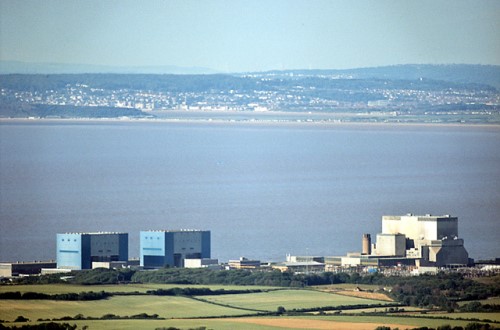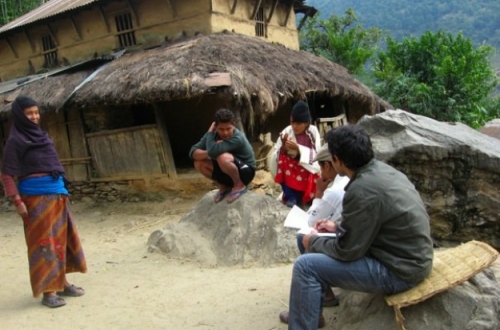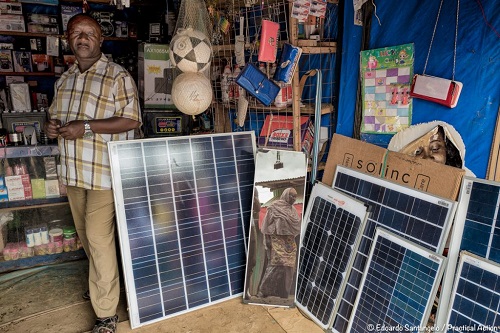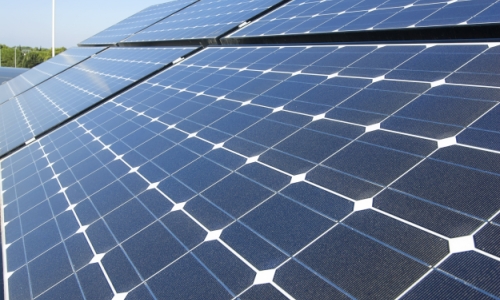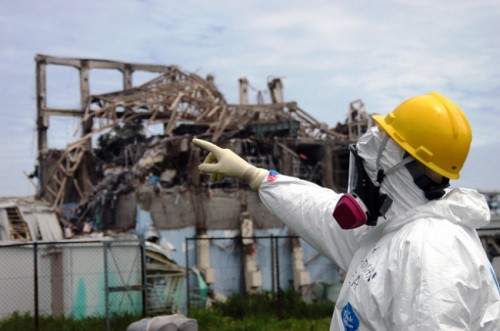The future of UK offshore wind power
How do we optimise future investment decisions for offshore wind under climate change?
Developing sustainable energy policy and technologies is crucial to providing a safe, reliable and low-cost energy supply for a growing global population. We innovate in every part of the energy system, from generation and storage, to regulation and end-user demand.
We offer world leading research and training across the low carbon energy sector.
How do we optimise future investment decisions for offshore wind under climate change?
How can we use sensors for crop health monitoring, optimised fertiliser deployment, early intervention, and environmental management in a low-cost, low-carbon way?
Understanding the decentralised energy paradigm in urban Africa, through case studies in Uganda and The Gambia.
Implementing a low-cost environmental and aerosol monitoring provision inside the Chernobyl Exclusion Zone for seasonal and wild-fire event monitoring and risk management.
Improving our knowledge and understanding of the global radiological hazard associated with the world’s worst nuclear accident through an enhanced monitoring provision.
Adaptive structures present a novel solution for wind energy production.
How can we use innovative design to rethink our energy systems?
How do we redress the balance between energy security, environmental sustainability and social impact?
As urban populations continue to expand worldwide, enabling universal access to vital services becomes an ever-more pressing challenge.
Households and businesses that generate their own power through micro-renewables, such as solar panels and wind turbines, may soon be able to decide where to distribute their extra energy using ‘sharing platform’ technology.
Improving the reliability of micro-hydropower in Nepal through changes to design, manufacture and project implementation
Riding Sunbeams seeks to connect solar PV directly into the UK’s electrified rail network to power trains. Direct supply of solar power traction to railway systems has never been done before, neither in the UK nor anywhere else in the world. Its potential to decarbonize railways is huge.
Testing the structural behaviour of nuclear reactor cores in the case of a seismic event.
New technology has been developed that uses nuclear waste to generate electricity in a nuclear-powered battery.
Designing a methodology and a micro-grid system that could help redress energy imbalances across the world.
What will be the role of the aviation sector in a 'green recovery' and how has the pandemic changed this?
How can we reduce the power drain when technology is left on standby?
Investigating the market-based delivery of solar home systems in Rwanda refugee camps.
We specialise in Photovoltaic Technology based on Earth Abundant Materials (PVTEAM) & Energy and the physical sciences: Beta-enhanced thermionic energy converters and nuclear batteries employing nanostructured diamond electrodes.
What can be done to better understand nuclear fall-out and associated risk? And how can this information be used to repopulate affected areas?
